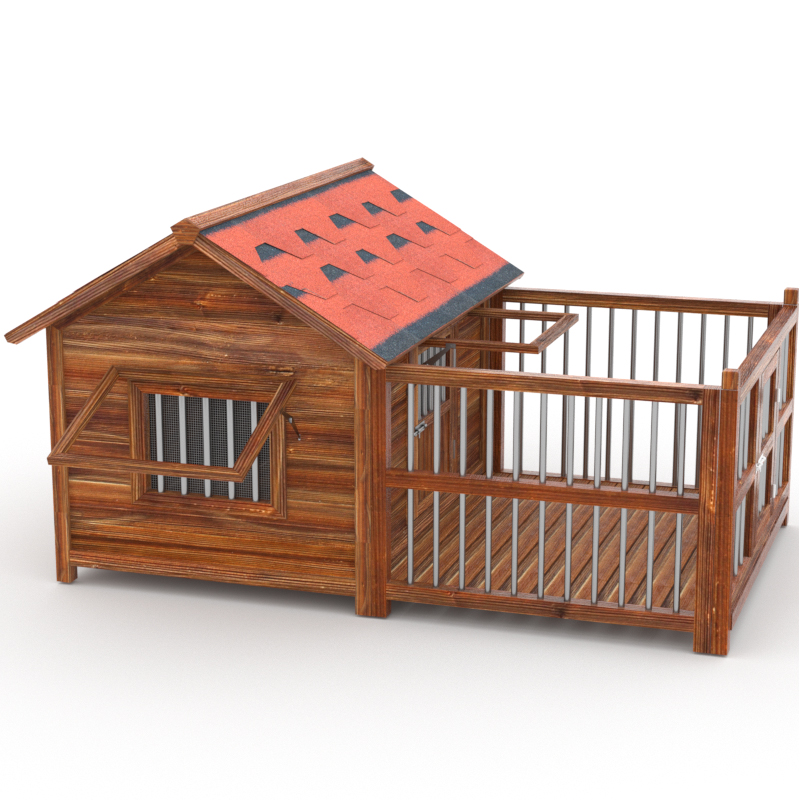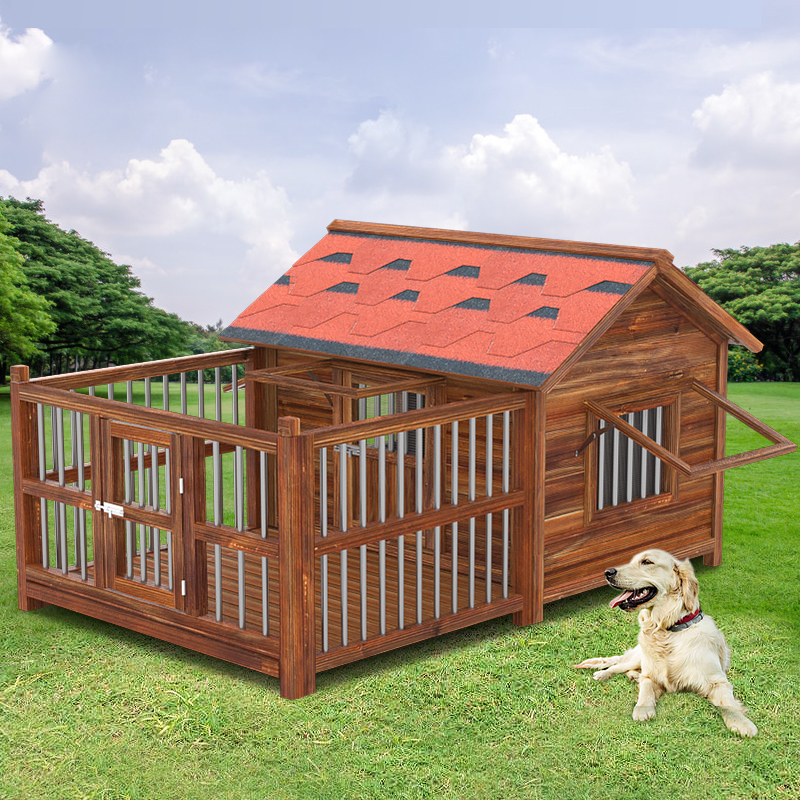Understanding Kennel Cough
Kennel cough is a common infectious disease among dogs, characterized by a persistent, dry cough. It’s an upper respiratory infection that affects a dog’s lungs, windpipe, and voice box. This condition is similar to a cold in humans, but in canines, it can quickly spread to others, particularly in close quarters like kennels. So, what is the fastest way to cure kennel cough?

Symptoms and Clinical Signs
The primary sign of kennel cough is a strong cough, often described as a ‘honking’ noise. It generally appears several days after exposure to the virus or bacteria driving the infection. Dogs might also sneeze, have a runny nose, or exhibit eye discharge. In more severe cases, symptoms could include lethargy, fever, or loss of appetite. These signs usually manifest within two to ten days post exposure, necessitating vigilant observation after dogs have been around other canines.
Causes and Transmission of Kennel Cough
Kennel cough can be caused by a multitude of pathogens, including Bordetella bronchiseptica, canine parainfluenza virus, and other viruses and bacteria. Transmission occurs through airborne droplets when an infected dog coughs or sneezes, or through direct contact with contaminated surfaces. Confining environments with poor ventilation like kennels, dog parks, and grooming salons are common places for dogs to contract kennel cough. Since it spreads easily among social dogs, preventive measures such as vaccination become crucial.
Diagnosis of Canine Infectious Respiratory Disease
Diagnosing kennel cough, or canine infectious respiratory disease (CIRD), can be quite straightforward. Vets often rely on the distinct symptoms presented by the dog.
Role of Clinical Signs in Diagnosis
Clinical signs are key in diagnosing kennel cough. A dry, hacking cough, sneezing, and discharge from the eyes are common indicators. If a dog shows these symptoms, kennel cough may be the likely cause.
Advanced Diagnostic Tools: X-Rays and PCR Tests
For a confirmed diagnosis, vets may use X-rays to check for pneumonia. Polymerase chain reaction (PCR) tests identify the specific virus or bacteria causing the illness.
Immediate Treatment Options for Kennel Cough
Dealing with kennel cough quickly is important for your dog’s comfort and health.
When to Use Antibiotics
Antibiotics are not always the first step for treating kennel cough. This is because many cases are viral, and antibiotics don’t kill viruses. However, they help if a dog develops a secondary bacterial infection. Signs like yellow or green nasal discharge, loss of appetite, or a fever might prompt a vet to start antibiotics. Usually, vets choose specific antibiotics like doxycycline that target common kennel cough bacteria.
The Use of Cough Suppressants
Cough suppressants may alleviate a dog’s discomfort. They are not always recommended though. Suppressing a cough can sometimes slow down the clearing of the infection. This is because coughing naturally helps to remove mucus and pathogens from the airways. Vets might prescribe cough suppressants if a dog’s cough is severe or affecting its quality of life. It’s best to follow a vet’s advice on whether to suppress the cough.

Home Care Strategies for Kennel Cough
When treating kennel cough at home, rest and isolation are important. Keep your dog calm and away from other pets. This helps prevent the spread of infection and gives their body time to heal. Make sure they’re in a quiet, comfortable space. Soft bedding and a stress-free environment can also aid their recovery. Keep their living area clean and well-ventilated to lower the risk of further irritation to their airways.
The Role of Rest and Isolation
Rest is crucial for dogs with kennel cough. It allows their immune system to fight the infection. Limit their exercise and avoid any play that might trigger coughing. Isolation is just as important. Kennel cough is highly contagious. Keep your infected dog away from other dogs during their recovery period. This typically lasts for about 10 to 14 days.
Nebulization: Aid to Moisturize the Airway
Moist air can soothe a dog’s irritated airways. Using a nebulizer to deliver sterile saline can help. You can nebulize your dog for about 10 minutes, twice a day. Check with your vet on the best way to use a nebulizer. Remember, while home care can be very effective, it’s not a substitute for professional veterinary treatment. Always follow your vet’s advice on how to best care for your furry friend.
Vaccination and Prevention of Kennel Cough
Preventing kennel cough is crucial in maintaining your pet’s health. Vaccines play a big part in prevention.
Core Vaccines and Their Importance
Core vaccines protect dogs from several common pathogens. They include parainfluenza and adenovirus. These vaccines help lessen the severity of diseases. Dogs usually get them as part of their routine shots. It’s important to keep up with these vaccinations.
Understanding Bordetella and Canine Influenza Vaccines
Beyond core vaccines, Bordetella and canine influenza shots are specific to kennel cough. They are recommended for dogs that often interact with other dogs. This includes those that visit dog parks, kennels, or grooming salons. The vaccines decrease disease duration and severity. Talk to your vet about whether these vaccines are right for your dog.

Recovery and Prognosis for Dogs with Kennel Cough
Recovering from kennel cough is like getting over a common cold for dogs. Most get better without needing major treatment. Yet, some factors can affect how fast a dog recovers.
Factors Influencing Recovery Time
Several things can shape recovery time from kennel cough:
- Immune System Health: Stronger immune systems mean quicker recovery times.
- Age of the Dog: Puppies and older dogs often take longer to get better.
- Vaccination Status: Dogs with up-to-date shots usually recover faster.
- Severity of Infection: Mild cases clear up quicker than severe ones.
- Secondary Infections: If a dog gets another illness, it could slow down recovery.
These factors play vital roles in how quickly a dog can bounce back from kennel cough.
The Significance of Vaccination in Prognosis
Vaccines are key in helping dogs fight off kennel cough. Vaccinated dogs often have milder symptoms if they get sick. They also tend to get better more quickly. Plus, vaccines can prevent some cases of kennel cough altogether. If your dog has been vaccinated, it’s still important to watch for symptoms. This is because vaccines don’t cover every cause of kennel cough. Remember, keeping shots up-to-date is crucial for your dog’s health and recovery odds.
Dealing with Outbreaks in Kennels and Shelters
When a kennel cough outbreak hits, prompt action is key. Dogs can quickly transmit the infection in closely packed environments. Kennels and shelters need to have an action plan.
Best Practices for Quarantine and Sanitation
To control an outbreak, isolate sick dogs immediately. Create a quarantine area away from healthy dogs. Regularly clean all areas with pet-safe disinfectants. Change air filters and maintain good air flow. Wash your hands after handling each dog.
Clean bowls, beds, and toys with a disinfectant that kills viruses and bacteria. Limit staff and visitor movement in the quarantine zone. Keep detailed records of each dog’s symptoms and treatments.
Vaccination Strategies During Outbreaks
Vaccinate all dogs in the facility against common kennel cough pathogens. In an outbreak, prioritize unvaccinated dogs and those with lapsed vaccinations. Remember, vaccines need time to work. Dogs may still get sick after recent vaccination. Consult with a veterinarian on outbreak-specific vaccines. Some dogs may need additional shots for optimal protection.